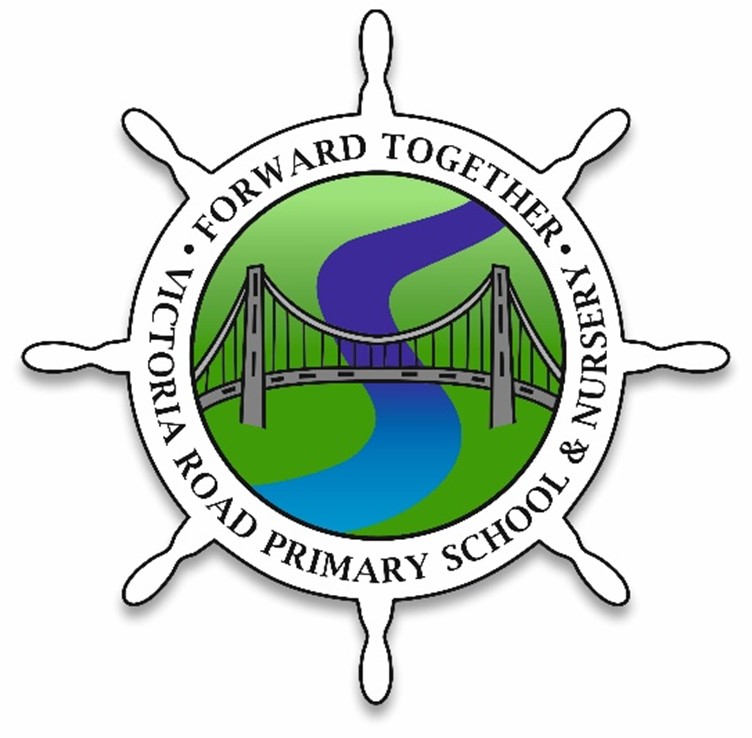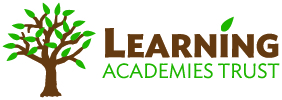MFL
Intent - Why do we teach what we teach?
Victoria Road Primary School follows the National Curriculum for languages and aims to ensure that all pupils:
- understand and respond to spoken and written language from a variety of authentic sources
- speak with increasing confidence, fluency and spontaneity, finding ways of communicating what they want to say, including through discussion and asking questions, and continually improving the accuracy of their pronunciation and intonation.
- can write at varying length, for different purposes and audiences, using the variety of grammatical structures that they have learnt.
- discover and develop an appreciation of a range of writing in the language studied.
At Victoria Road Primary School, we believe learning a foreign language is a liberation from insularity and provides an opening to other cultures. A high-quality languages education should foster pupils’ curiosity and deepen their understanding of the world.
As teachers of French, we aim to encourage a genuine passion for language learning and spark their desire to explore cultures beyond our own. The learning of another language opens our mind to see things from other points of view and challenges us. We want our pupils to also learn skills that will help them as they meet other languages later on in life.
At Victoria Road Primary School, we aim to inspire our young people to have a love for learning a new language, and understand the widespread benefits it brings.
Implementation - What do we teach and when?
All teachers at Victoria Road Primary School aim to promote the children’s inner linguist. We share positive attitudes to language learning; all pupils are capable of making great progress in languages. We use the i languages scheme to deliver our curriculum. Our whole school approach to the teaching and learning of languages is as follows:
- KS2 children follow the objectives specified in the 2013 national curriculum for languages. The teaching enables pupils to express their ideas and thoughts in another language and to understand and respond to its speakers, both in speech and in writing. It provides opportunities for them to communicate for practical purposes, learn new ways of thinking and read great literature in the original language. Language teaching provides the foundation for learning further languages, equipping pupils to study and work in other countries.
- French is taught on a weekly basis for 45 minutes as a discreet lesson and is planned overall by the subject lead, taught in years 3 and 4 by the class teams and in years 5 and 6. It is arranged in topic blocks by the subject lead. Each lesson builds upon the last to ensure that children achieve a greater depth of understanding and knowledge is transmitted to their long term memory. Prior learning is regularly revisited through quizzes and games to ensure that knowledge is secure in order to secure good progression and to address any significant misconceptions.
- All language learning is recorded in a separate French book. Practical tasks such a speaking activities are sometimes recorded through pictures which are then stuck into books.
- The children have plenty of opportunities to work independently, as well as collaboratively in mixed ability groups. The children are encouraged to coach each other particularly within the realm of pronunciation.
- At Victoria Road Primary School, all teachers have access to a knowledge progression map which shares the knowledge, vocabulary and skills that the children need to know or use in each year group. Each class teacher is familiar with this and uses it to develop the knowledge and skills that the children have acquired from the previous year. As the children’s knowledge and understanding develops, they become more proficient in their use of the language and the related grammar. They also become more confident in decoding new language they meet.
- Working as a linguist in the different areas of listening, speaking, ready and writing will be developed throughout our language teaching. In order that at the start of each lesson they children know which skill they will be focusing on, or area of learning, we use clear symbols which make this explicit to the children. These are also displayed in their exercise books.
All teachers continually seek ways to use the language in everyday language within the classroom and ensure that there are a range of activities that develop the skills throughout each French topic. All children are encouraged to use their resources and apply their knowledge to find out the answer themselves.
- Alongside the classroom teaching resource, there are online language games which can be assigned to the children for them to play whilst at home.
Impact - How children show what they know and remember more?
The children at Victoria Road Primary School receive a high quality language education that equips them to continue their language journey into later life. The presentation skills they learn from sharing their language builds confidence across other subjects. Their ability to coach one another encourages team work and sensitive correction. The skills they learn in French spread beyond that of just the language itself.
Modern Foreign Languages Knowledge and Skill Progression

